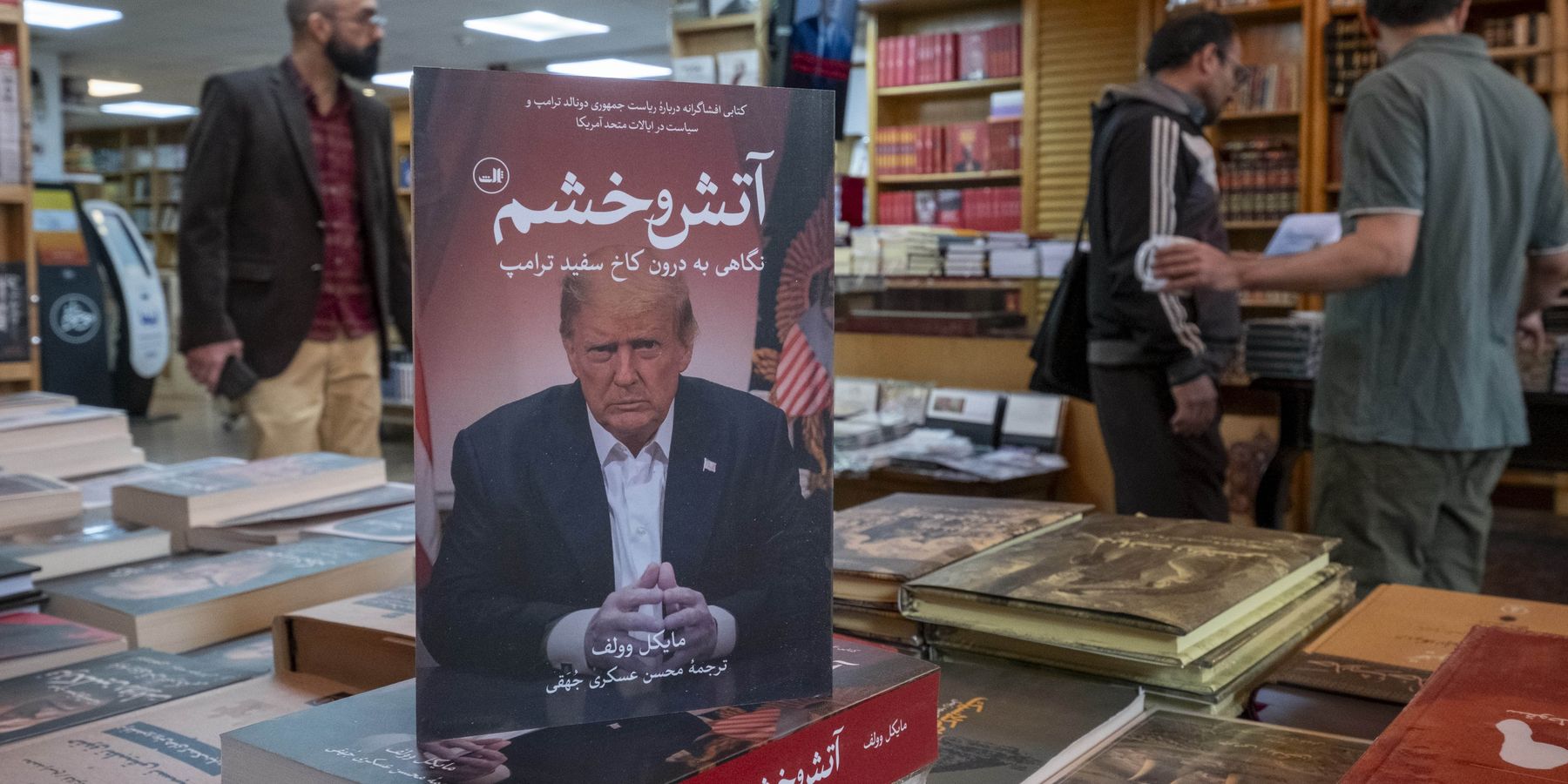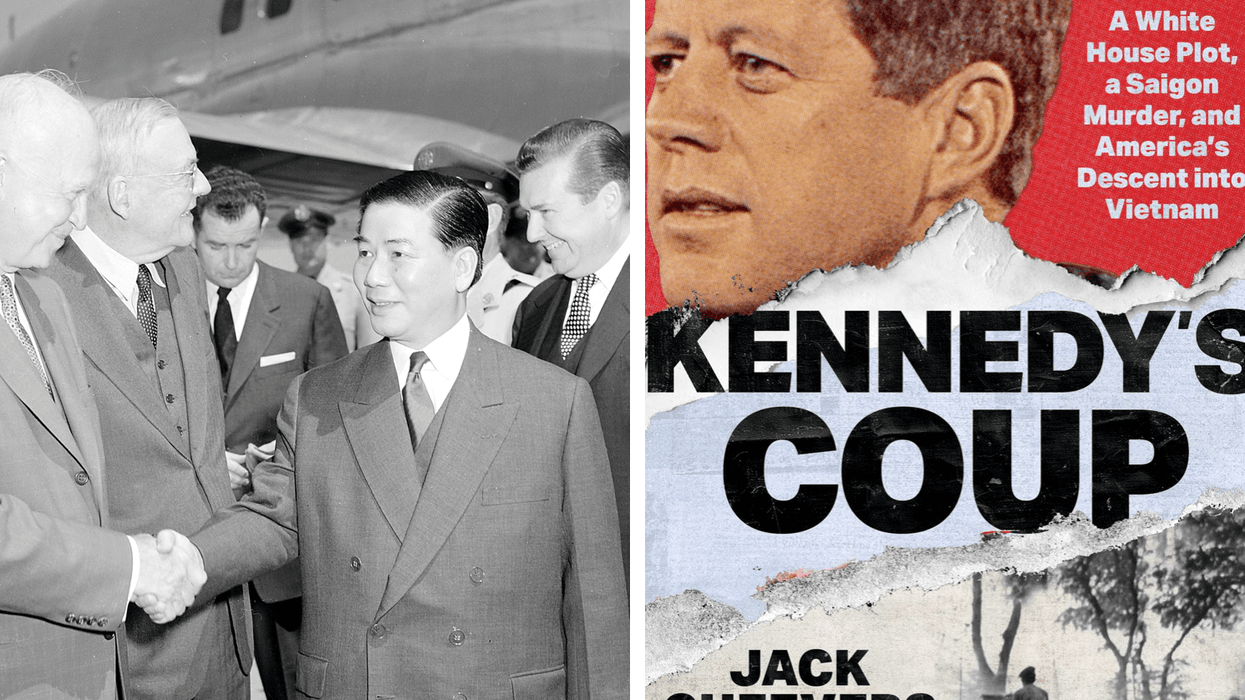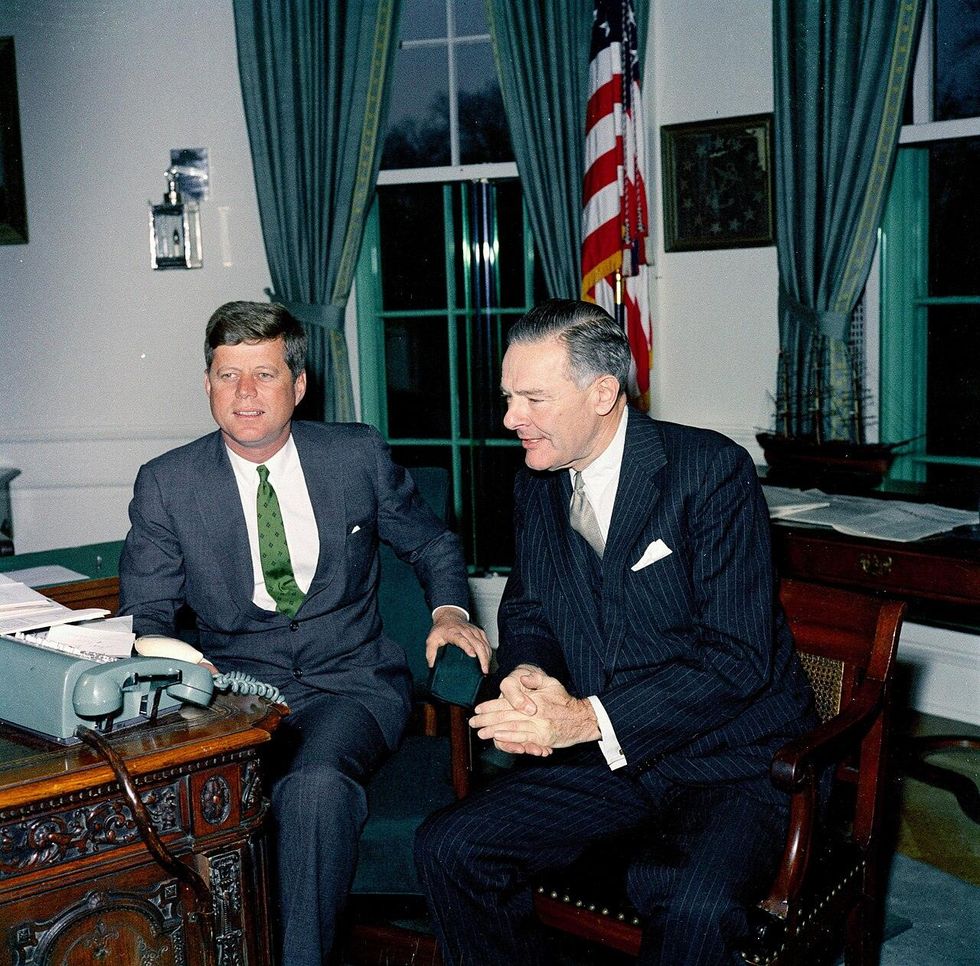Donald Trump’s first diplomatic encounter with Tehran could not have gone any better. Both sides described the talks held in Oman as positive and constructive. But the true sign of their success was that the Iranian Foreign Minister, Abbas Araghchi, agreed to speak directly to Trump’s envoy, Steve Witkoff.
During Biden’s four years, the Iranians never once agreed to meet directly with U.S. officials at the foreign ministry level. Trump now has the opportunity to secure a “better deal” by going for a triple win.
Trump has repeatedly declared that his only red line is that Iran cannot have a nuclear weapon, but it has remained unclear whether Trump would seek to achieve that through the complete dismantlement of Iran’s nuclear program a la Libya, which has been the Israeli position, or seek a verification-based solution that limits rather than eliminates the nuclear program.
The problem with the “Libya model,” of course, is that Iran would never accept such a capitulation, which is precisely why Israel has pushed this line. They calculate that such demands guarantee the failure of diplomacy and force Trump to shift towards military action.
But Witkoff never mentioned dismantlement during Saturday’s talks. The two sides discussed instead degrees of limitations to the program and the sanctions relief Trump was willing to offer in return.
While dismantlement sounds stronger and tougher, it is unfeasible, whereas a verification-based model not only works, Tehran has already agreed to one before and can agree to it again. The challenge is that Iran’s nuclear program has advanced dramatically over the course of the past few years, and getting it back to where it was in 2015 will be a daunting task.
But Trump is better positioned to reverse these gains precisely because he is willing to offer primary sanctions relief to Tehran— i.e., sanctions that have prevented American companies from trading with Iran. Obama never contemplated touching America’s vast array of primary sanctions on Iran out of fear that it would generate even stronger Republican opposition to the deal. Secondly, he wanted the deal to be strictly nuclear.
Throwing primary sanctions relief into the mix would make him susceptible to (false) accusations of trading nuclear security for American corporate gain.
Biden, on the other hand, was according to his Iran envoy, Rob Malley, “lukewarm” to a deal and fixated on the domestic political costs of offering sanctions relief instead of focusing on what the nuclear gains proper sanctions could secure.
Trump is different. He tends to view sanctions as punishing American companies and appears eager to lift them in order to allow American companies back into Iran.
Given how far Iran’s nuclear program has progressed, it may prove that Trump’s willingness to lift primary sanctions is exactly why Trump has a chance to turn the nuclear clock back to 2016. He can go for a more-for-more model compared to what Obama secured and what Biden failed to achieve precisely because he’s willing to put more on the table.
Pursuing this verification-based model with nuclear weapons as his only red line enables Trump to secure a triple-win for the U.S.: Preventing an Iranian bomb, preventing war with Iran, while providing major business opportunities for American businesses, which will create more jobs in the U.S.
In fact, sanctions on Iran have cost the U.S. economy a tremendous amount. A 2014 study conducted by Jonathan Leslie, Reza Marashi, and myself revealed that between 1995 and 2012, U.S. sanctions had cost the American economy between $135 billion and $175 billion in potential export revenue to Iran.
This also amounted to a tremendous amount of lost job opportunities in the U.S.: “On average, the lost export revenues translate into between 50,000 and 66,000 lost job opportunities each year. In 2008, the number reaches as high as 279,000 lost job opportunities.”
If Trump sticks to a strategy that prioritizes the nuclear issue rather than Iran’s ballistic missiles or relations with groups such as Hezbollah or the Houthis, that pursues a verification-based deal rather than Libya-style dismantlement, and uses primary sanctions relief to push back Iran’s nuclear program while opening up its economy to American companies, then he will score a triple win for America.
Now, that would be a better deal.- Trump signals he may defy hardliners and talk to Iran ›
- Why Trump can do what Biden couldn't on Iran ›
- Human rights matter, but they shouldn't derail US-Iran talks | Responsible Statecraft ›
- US-Iran talks Saturday surprise with momentum towards a real deal | Responsible Statecraft ›
- Former Israeli official leading Israel, Iran desk at the White House | Responsible Statecraft ›
- Enrichment is the sticking point as US-Iran talks cautiously 'hopeful' | Responsible Statecraft ›
- Trump fired Waltz because he wanted to attack Iran | Responsible Statecraft ›
- Iran talks: At least they still negotiating | Responsible Statecraft ›
- Poll: Nearly two-thirds of Republicans support talks with Iran | Responsible Statecraft ›
- MAGA influencers want an Iran deal and for hawks to shut up | Responsible Statecraft ›
- How the US could use Iran's uranium enrichment to its own advantage | Responsible Statecraft ›
- As US-Iran talks resume, will Israel play spoiler (again)? ›





 President John F. Kennedy and Henry Cabot Lodge Jr. in 1961. (Robert Knudsen/White House Photo)
President John F. Kennedy and Henry Cabot Lodge Jr. in 1961. (Robert Knudsen/White House Photo)










